Unbeknownst to some, foreign language services play a large role in political campaigns and elections. As millions of Americans rush to the polls on Election Day, many will take advantage of mandated language services. It’s one thing to complete the grueling process of obtaining citizenship. Understanding how to vote, deciphering the forms and ballots is confusing enough for English speakers, so we can only imagine what it’s like for our limited English proficient neighbors.
According to a 2014 report, the limited English proficiency population rose by 80% between 1990 and 2010 and today, more than 25 million Americans are LEP. The Voting Rights Act requires states to provide interpretation and written translation services when five percent or more of a given population is LEP.
Such language services are from the moment an individual registers to vote, all the way up to Election Day. Translation of registration forms, brochures and ballots ensure the LEP understands the proper voting procedures, polling place information, candidate information, etc.
State Mandated Language Services for Elections
In addition to the federal Voting Rights Act, some states (and New York City) implemented regulations that are enforced alongside the national laws:
Arizona
Bilingual poll workers are recruited and trained for on-site interpretation services.
California
Translation services help the three percent or more of voting-age citizens who do not possess the skills and comprehension needed to effectively vote on their own.
Colorado
Language services (written and oral) are required when three percent or more of the population in a geographic region are LEP.
New Jersey
Document translation is required when 10 percent or more of the population of registered voters speak Spanish
New York City
This year, Mayor Bill de Blasio expanded voting access to include a variety of languages, including Russian, Urdu, Haitian Creole, French and Arabic. The new voter registration forms are now accessible for 80 percent of New York City’s LEP population.
All of these efforts play a crucial role in the country’s election process at the state, local and federal levels. Without qualified interpreters and translators, millions of Americans wouldn’t have the opportunity to properly exercise their right to vote. In 2004, it was found that these services had a direct impact on voter participation in San Diego County, California; voter registration among Filipino and Latinos increased by 20 percent and 40 percent among Vietnamese Americans.
Campaigning
Each election, we see more concentrated efforts to mend the language barriers and boost communication during campaigns. Of course traditional methods like print media, television and radio ads, and telephone calls are essential to reach voters. However, in 2008, President Obama became the first presidential candidate to actively campaign on social media, expanding opportunities for language services. Today, social media is a top channel in driving awareness and communications to the American people by all political parties.
As diverse as the United States is, reaching all eligible voters is challenging. With the right rhetoric and strategy, candidates strive to win the votes of all eligible voters. Using localized (translated) websites, campaign managers are able to target specific regions, collect and solicit donations, send highly specialized messages and monitor approval ratings between each region.
Sources
Cha, J., & Kennedy, L. (2014, February 18). Millions to the Polls: Language & Disability Access (Rep.). Retrieved November 07, 2016, from Demos website: http://www.demos.org/publication/millions-polls-language-disability-access
Share this Post
Contact Us
Making Connections Nationwide. For more information about Interpreters Unlimited please call 800-726-9891 or fill out the form below.



